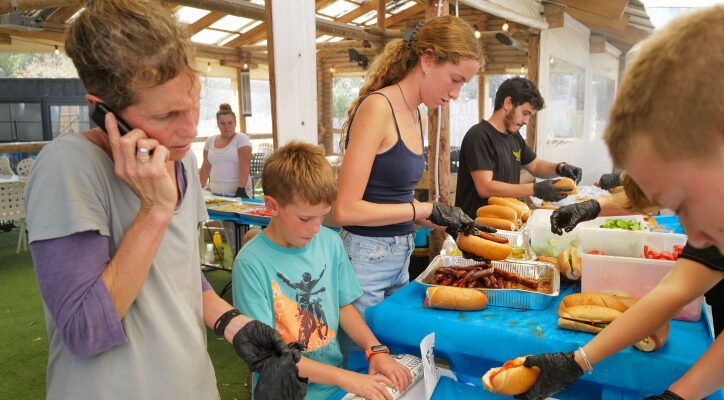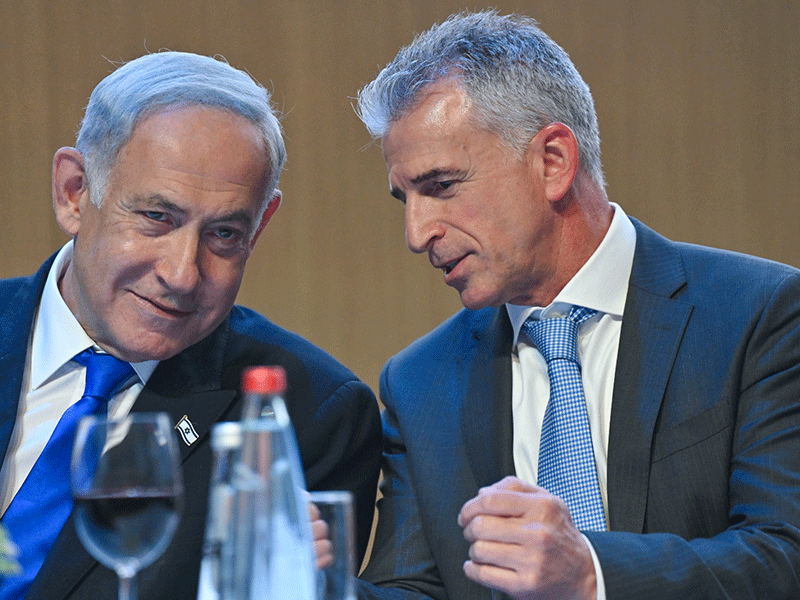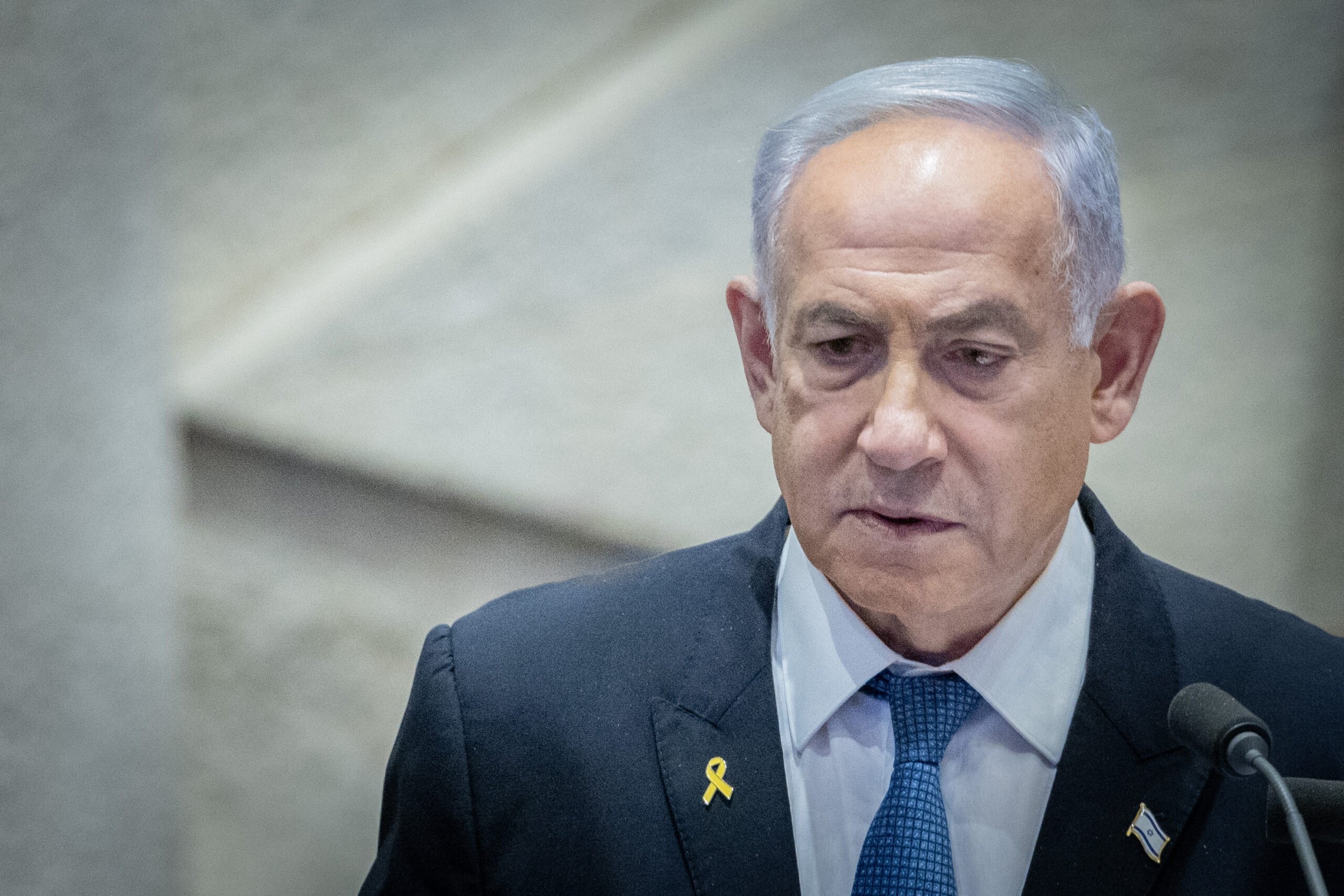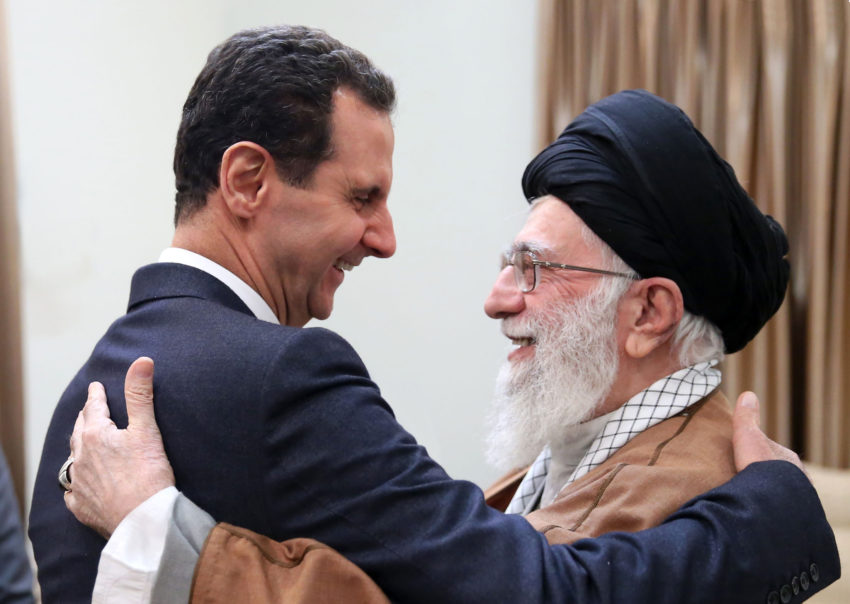ARTICLE AD BOX

Israeli volunteers of all ages collect, cook and deliver BBQ sandwiches free of charge for the thousands of reserve soldiers stationed in the Golan Heights, October 10, 2023. (Michael Giladi/Flash90)
Michael Giladi/Flash90
Israel’s volunteers transform grief into national strength
Those with university degrees and above-average incomes showed the highest participation rates, around 50%.
Israel is a special country where under the surface everyone cares for each other. This became powerfully evident in the wake of October 7, when citizens from every walk of life transformed their grief into action.
While inevitably tapering over time to about 15% of the population today from 29% when war first broke out, the support from volunteers has evolved into something more sustainable.
Tech workers put aside their laptops to pack emergency supplies while university professors deliver food packages to border communities.
The most dedicated volunteers show up daily while others commit several days from their busy workweek to help those in need.
What drives them?
When surveyed by the Israeli Volunteering Council, the answer was strikingly simple. Over 90% stated that their strongest motivations were the desire to help others and concern for the well-being of fellow citizens.
Rich, poor, Ashkenazi or Sefardi, it doesn’t matter. They all show up like one nation and one heart to help with supplies for displaced families, drive relatives to visit wounded soldiers, support reservists’ children, or defend Israel’s narrative on social media and in the press.
“Unlike what is typically seen in emergency situations worldwide, and even in Israel, these initiatives continued beyond the initial emergency phase, with many of them sustaining their activities throughout the year of the war,” says CEO of the Israeli Volunteering Council Ronit Bar.
Those with university degrees and above-average incomes showed the highest participation rates, around 50%.
Yet perhaps more telling was the surge among secular Israelis, who made up nearly 30% of first-time volunteers
It’s visible even in the small gestures like the cafe owner who feeds soldiers for free, the teacher who tutors evacuated children after hours, and the neighbor who simply shows up to offer support.
In times of peace, these bonds might lie dormant. But when tested, they prove unshakeable.

 2 days ago
13
2 days ago
13









 English (US) ·
English (US) ·